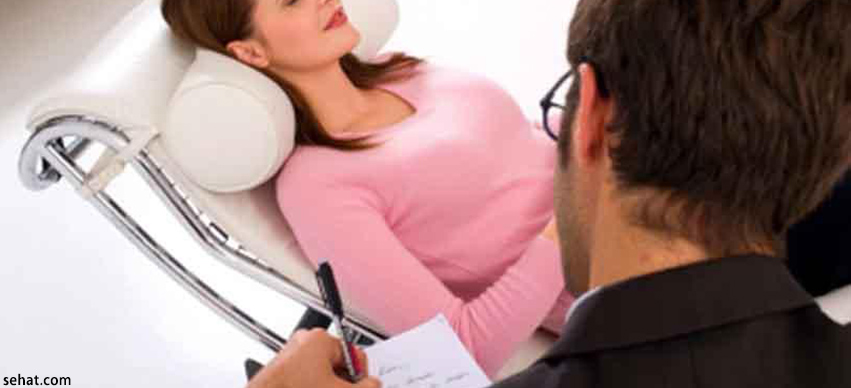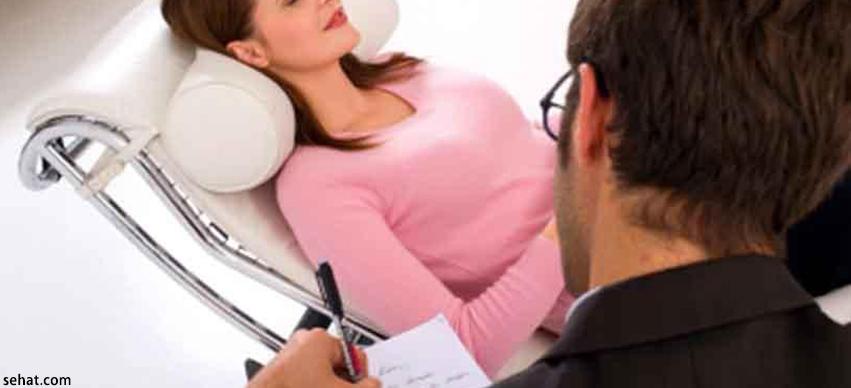Tips To Choose The Best Hospital Uniforms
6 Min Read


Drug, alcohol and smoking addiction is seen very commonly across the world. Teenagers mostly fall prey to the addiction and lose their focus on education, career, marriage, family and at least 1% of them die in the process of addiction. In the western countries, a lot is spoken about addiction, rehabilitation, family support and the help provided to an individual to let go of the addiction. But in India, we don’t say a word about it. The social stigma attached to addiction is something we all should break.
Teenagers and young adults, under peer pressure, succumb to taking drugs, consuming alcohol and smoking very frequently in a single day. A person addicted to alcohol or drugs is often treated like an ‘untouchable’ and no help is offered to make him overcome the problem. Though rehabilitation centres are plenty in the country, nobody wants to open up and seek help. Families especially shy away from making the issue public and stay far from getting medical intervention.
So how does a person get addicted to drugs or alcohol? Let’s just take a look.
What starts as just a casual thing turns into a life threatening condition that affects the individual and his entire family. For example, occasional drinking while attending parties or functions is acceptable. Since no heavy drinking is involved, the individual doesn’t suffer major health risks. Drinking once a day is a habit, a couple of times in a week is a strong habit and slowly this changes it form. Consuming alcohol frequently all through the day and unable to survive without it is addiction. This is the worst phase of an individual’s life and it is a herculean task to get over it.
Addicts are usually strong-willed and physically too they are quite capable of beating the others. When deprived of drugs or alcohol, they resort to physical violence and cannot be easily overpowered. They slowly develop a negative attitude, hate family and friends, and stop going to work and resort to stealing money from home. Such addicts cannot be treated at home by just keeping them away from what they are addicted to. Detoxification, rehabilitation, counselling and medical help are necessary.
Rehabilitation centres that are aimed at treating addicts follow a wide range of treatments to help the person overcome addiction and lead a normal life.
The moment an addict stops taking drugs or alcohol, his neurological system develops a lot of complications. Anxiety, headaches, nervous weakness, seizures, nausea and tummy upset follow suit. After they are all corrected, the person stabilises and is sent for psychological counselling.
Well qualified and trained counsellors start talking to the addict about his addiction, how to develop a positive attitude towards life and how to control their cravings. The addict’s family too undergoes counselling so that they too learn about supporting the individual.
After a 60-day period, the addict is sent home if there is progress. In case, he still seems to be attracted to drugs or alcohol, he will be retained back in the centre for further treatment. Doctors and counsellors conduct follow-up sessions to ensure the individual is addiction-free. To achieve total abstinence from drugs, medical checkups and family counselling sessions after the complete therapy are conducted. These sessions are done up to a period of three years to ensure full recovery from addiction.
Alcoholism and drug addiction are diseases and if not rectified on time, they can be disastrous to the addict and his family, say psychiatrists.